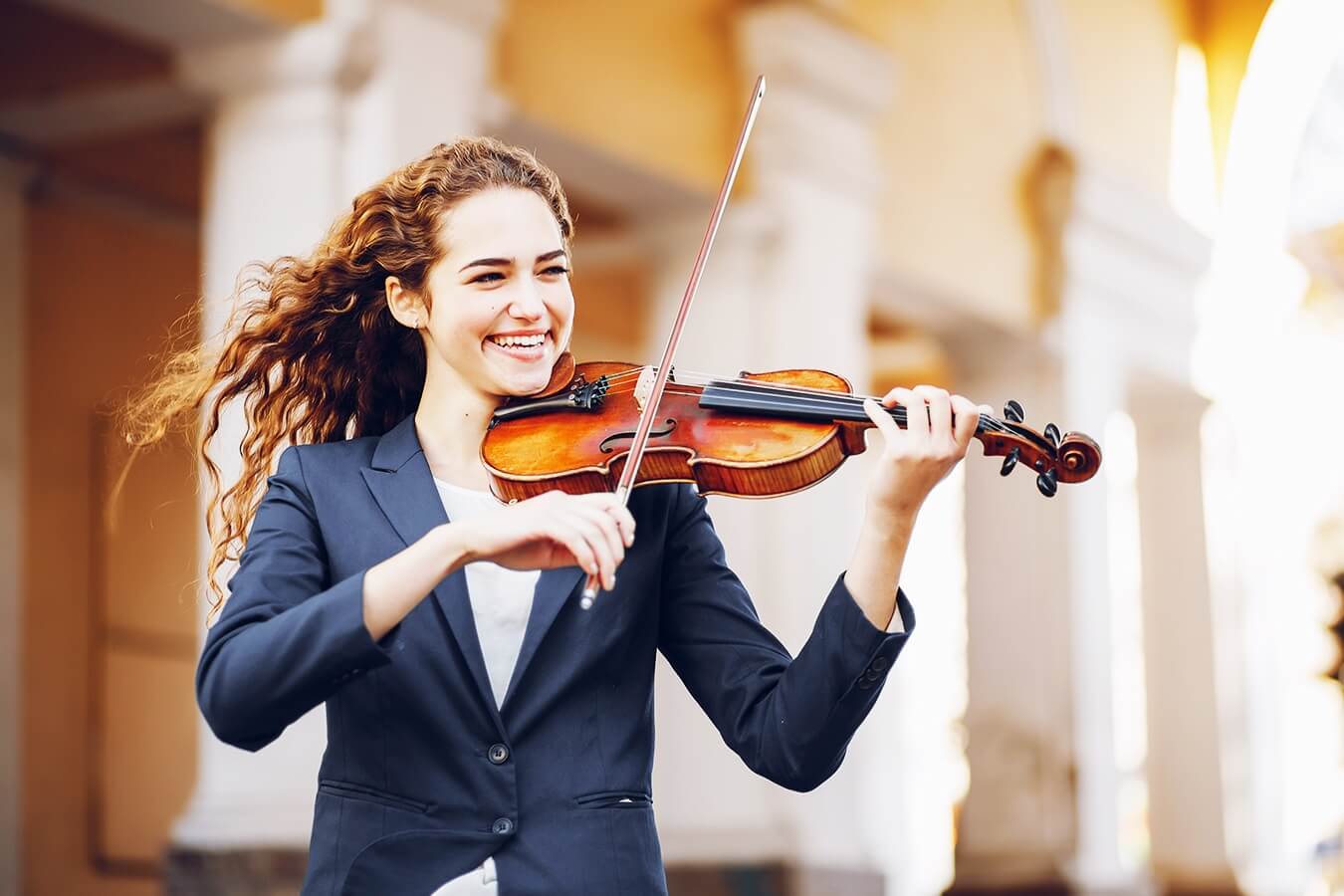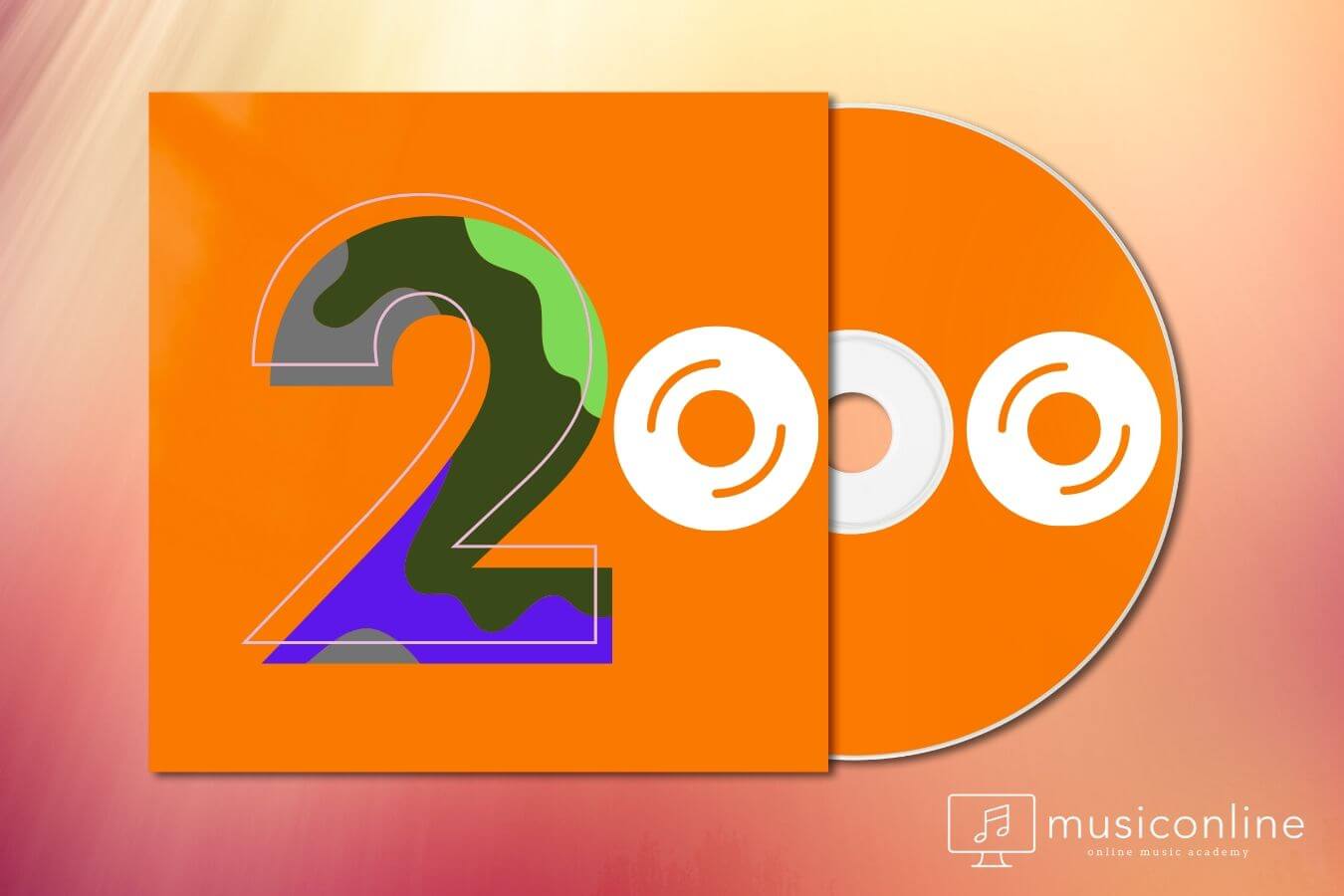musiconline blog
news about us & everything about music on our blog!
The Classical Period of Music
This is the Classical Period of Music which is accepted as the end of the Baroque Period in Music, and where music meets the people, regains form, laid the foundations of the patterns used even today, and was influenced by many movements.
As the researchers and historians have examined, the beginning of the Classical Period is considered to be the date of Bach’s death (1750) and the end is three years after Beethoven’s death (1830). As each period had a preparatory phase, the Classical Period was influenced many trends before reaching its own form.
The first of these trends ‘Rococo’, is a popular trend that started in Paris. The reason for this trend is the reaction to the fancy and complex structure of baroque music. The rococo style, which was considered to be simple, elegant and polished, came to the forefront in this period. François Couperin and Jean Philippe Rameau are among the pioneers of this movement. J.S. Bach is said to have prepared the classical age using the Rococo style in chamber music. W.A. Mozart’s early youth symphonies also show Rococo style.
Following the Rococo ‘The Storm and Thriller movement’, which began in the German Literary world and took its name from Klinger’s novel, was born. In the 1770s, intuition and emotion were seen as the foundation of everything. This trend is symbolized by the Germans as an indicator of deep sensitivity. Storm and Tension, which is the style of Germans, is a rebellion against the French Rococo. It is nourished from contrasts and is also regarded as pre-romanticism with its nourishment from emotions. In this period, the clavicle was the favourite instrument. Haydn’s symphonies 35,38, 39 and 59, Carl Philippe Emanuel Bach, Johann Stamitz and Christian Cannabich are considered typical examples of the period.
Another effect is 'Mannheim School'. Bohemian composer and violinist Johann Stamitz founded the Mannheim Orchestra in southwest Germany. Stamitz passed away at the age 40, but the orchestra he left behind influenced all vcomposers of the period and left orchestral tradition that would present the symphony form to the new age. In this period where wind and string instruments were used together for the first time, the powerful sound arising from these instruments impressed the audience.
The last effect 'The Enlightenment', is the most important movement. This movement that took place in the 18th century is an uprising against the artificiality of the church. Naturalness in religion has become important. The Enlightenment, which is a worldly, experimental, emancipatory, egalitarian, practical and progressive movement, has influenced the world in general and demonstrated its social influence through the French Revolution. Art was also influenced by the scientific discoveries resulting from the revolution, the birth of the middle class and the industrial revolution. Again, for the first time in this period, concerts were organized in large areas outside the palace of the nobles and approached the public. Amateur musicians were featured and the music was simplified. The note has become a facility that everyone can understand. In this period, music was defined as an art that lived in its own flow by not being included in any pattern.
The Classical Period prepared Bach and Mozart, and in this period the piano was discovered and introduced with Bach. Concertos were written on the discovery of the piano at the same time opera intended to reach a large audience. Mozart and Gluck’s works give an important and new dimension to this goal. In addition, wind instruments have gained an important place at the end of the Classical Period.
The Classical Period is defined as the age of Bach and Mozart. The lean dances of the growing middle class are accompanied by short melodies and memorable music. The Classical Period is the balance between essence and form.
In this article, we have shared the Classical Period after the Baroque Period in Music and Periods in Music. Don’t forget to follow musiconline blog posts and subscribe to our weekly newsletter to be informed about our next post!


